
Biologics and ConjugatesJan 31, 2026
Process Simulation Platform: Enabling Process Development and Scale-up of Active Pharmaceutical Ingredients
Porton Crystallization team has the capability to perform process simulation of unit operations, including solvent swap, crystallization, filtration and drying.
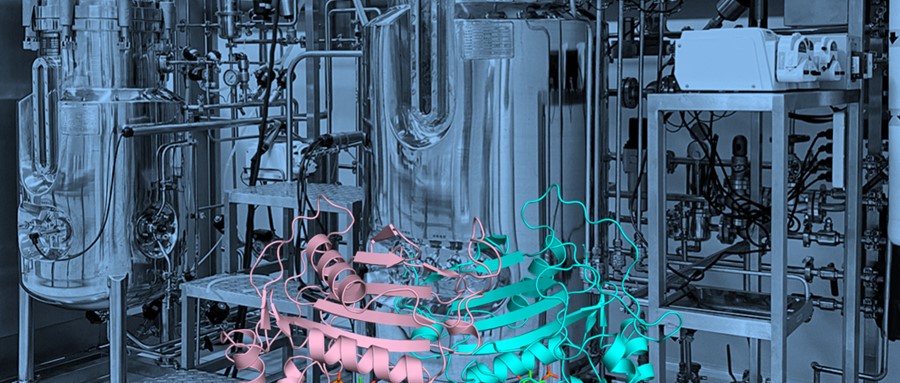
Biologics and ConjugatesSep 24, 2025
Biocatalysis: A Powerful and Possible Greener Tool for Chemists in the Pharmaceutical Industry
End-to-end Enzyme Solutions Efficient Screening & process Development Comprehensive Quality Control Extensive Successful Applications Cases Technological Innovation Enabled Cost Savings
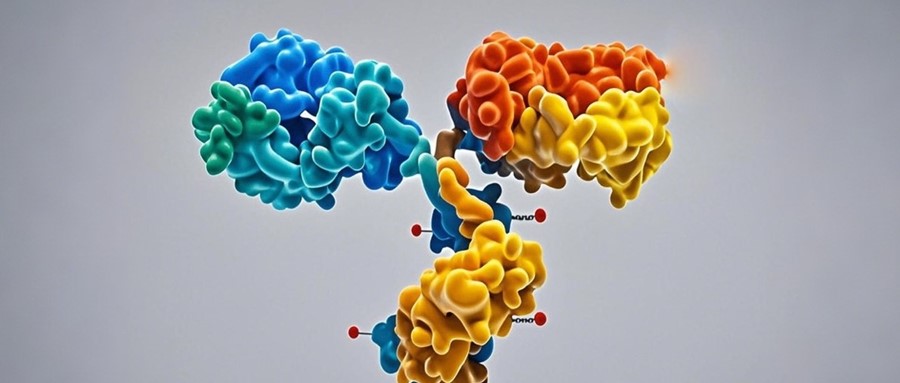
Biologics and ConjugatesApr 23, 2025
Challenges and Advances in CMC Process Development of BsADCs
Antibody drug conjugates (ADCs) have seen significant breakthroughs and reached numerous milestones since 2000 when the first ADC was approved by the FDA and have shown great promise for the treatment of cancer. First generation ADCs were designed to use the affinity of an antibody towards a specific cellular target to bring the cytotoxic payload to the tumor, for example. However, some level of off-target toxicity was often seen with many ADCs because other cellular interactions could occur prior to the payload physically reaching its intended target or the payload could cleave off. These events could lead to unintended death of non-cancerous cells.
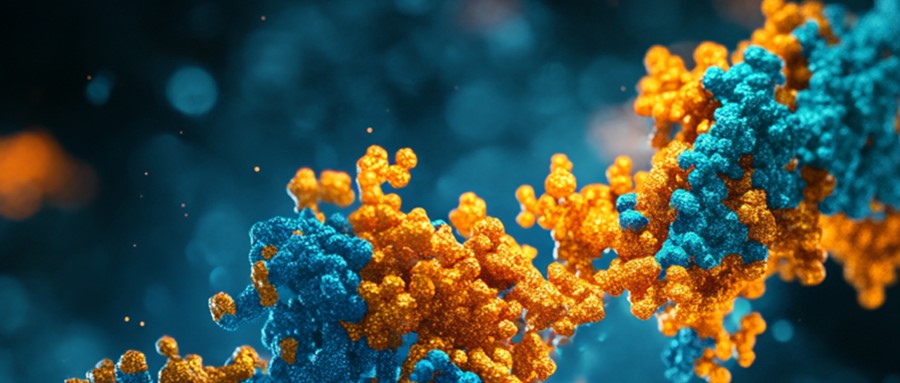
Biologics and ConjugatesFeb 10, 2025
Efficacy and Safety - Guidelines for Clinical In-use Stability Studies of ADCs
Antibody-drug conjugates (ADCs) consist of three parts: antibody, linker, and payload. This special combination enables ADCs to selectively target tumor cells and release cytotoxic drugs, but they face many stability challenges during manufacture, storage, and clinical use. In this paper, the drug product development team at Porton (hereinafter referred to as "we") discusses the necessary clinical in-use stability studies for ADCs.
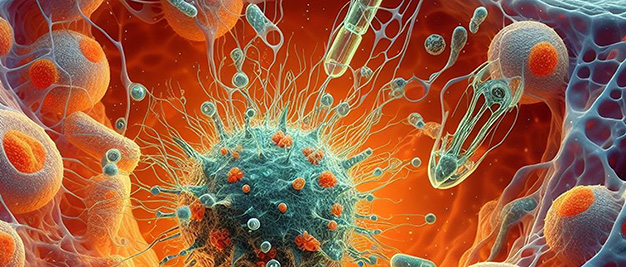
Biologics and ConjugatesNov 27, 2024
Overview and Case Study of Antibody Oligonucleotide Conjugates (AOC)
In the field of biomedical science, technological changes are common and constantly evolving. In recent years, antibody oligonucleotide conjugates (AOCs) have attracted considerable attention in the industry as an innovative and advanced biomedical method, and more and more domestic and foreign biopharmaceutical companies have participated in the research and application of AOCs. Because AOC combines the advantages of oligonucleotide technology and antibodies, it is considered to have the potential to provide precise targeted therapy and is expected to bring about a revolution in the biomedical field.
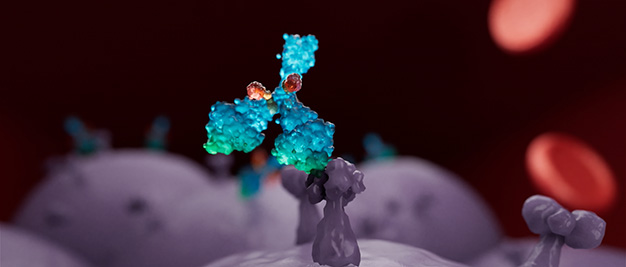
Biologics and ConjugatesNov 18, 2024
An ADC's Path to Market-Analysis of Difficulties and Key Points in ADC Process Scale up
An Antibody-Drug Conjugate (ADC) is a novel therapeutic agent which can deliver a highly-potent traditional small molecule drug to a specific site or cell within the body. It is formed when an active drug (the payload) is connected to an antibody using a linker. The complex is referred to as an ADC and it uses the cellular specificity of antibodies to direct the payload and deliver to the active disease site within the cell. This enables ADCs to selectively treat cancer cells, tumor microenvironments, or other target cells, while reducing systemic, off-target toxicity. This targeted delivery of ADC agents has shown great promise and explosive growth in recent years.


